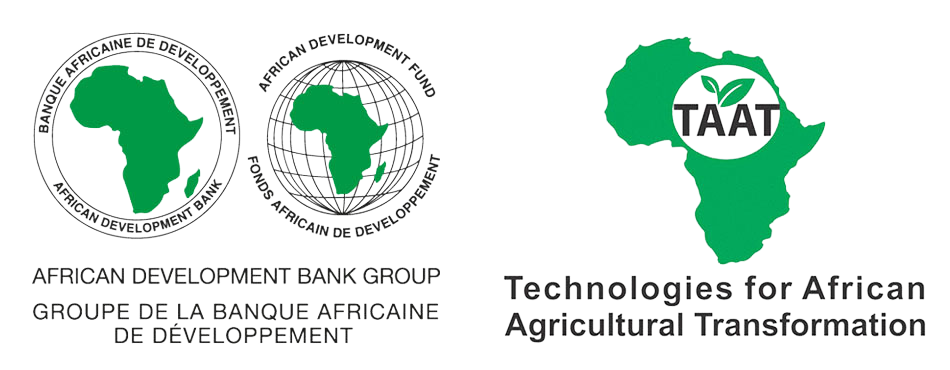

Learn, Advise, Transform Agriculture!
CABI Academy is a flexible, on-demand learning platform offering practical, expert-led courses that help agro-dealers, agribusiness staff, and service providers enhance their plant health expertise and advisory capabilities. Developed in line with the Skills Framework for Agriculture, the platform covers key agronomic areas such as pest identification, bioprotection, sustainable soil and water use, and responsible pesticide application. Its interactive, self-paced format allows private actors to upskill independently or as part of staff development plans. CABI Academy helps businesses build trust with farmers, deliver higher-quality services, and increase competitiveness by promoting science-based, sustainable agricultural solutions.
This technology is pre-validated.
Copyright
The CABI Academy is a digital learning platform that strengthens agricultural advisory services by delivering high-quality, science-based training on plant health, pest and disease management, soil and water, and sustainable practices. It empowers extension agents, agro-dealers, and educators to deliver better advice to farmers. To integrate it into a project, key activities include:
Adults 18 and over: Positive medium
We have created a free to access course called 'Entrepreneurship in Agribusiness' which is aimed at youth (up to 35) who want to start an agribusiness.
The poor: Positive medium
The CABI Academy offers courses largely free of charge at the point of access to all learners, worldwide. This is part of the Plantwise Plus mission to improve farmer advisory services, helping farmers to lose less, and feed more. The courses are created using CABI's subject matter experts, and are designed by learning design experts. Courses are available offline via the Moodle Mobile app, improving connectivity to the courses for those in low-data contexts. The courses are optimised for mobile, and refit dynamically for any screen size.
Under 18: Positive low
We request that all learners who register and take part on our courses are 16 or above, as there are unfacilitated forum activities, and so the learning is not aimed at a large under 18 audience. However, in our 'Gender-inclusive strategies for improving agricultural productivity' course, much of the messaging and learning outcomes are targeted towards gender and youth inclusion.
Women: Positive high
Our 'Gender-inclusive strategies for improving agricultural productivity' course aims to improve the inclusion of women and youth in extensionist activities. As of 28th May, the course has had over 1,300 learners enroll onto the course, and almost 440 of those learners have gone on to achieve a course certificate, which is achieved by taking and passing the multiple choice question assessment, associated with the course.
Climate adaptability: Highly adaptable
Digital technology.
Farmer climate change readiness: Moderate improvement
The courses teach sustainable farming practices.
Biodiversity: Positive impact on biodiversity
The 'Introduction to Bioprotection Products' course teaches learners how to select and use bioprotection products, using nature-based solutions to manage pests. Courses such as 'Reducing Pesticide Risk' also advocate for reducing harm to the environment caused by highly hazardous pesticides.
Environmental health: Greatly improves environmental health
Our courses promote integrated crop management practices, and sustainable farming practices. Specifically in our Reducing Pesticide Risk course, the potential effects of pesticides on environmental health are discussed.
Soil quality: Improves soil health and fertility
The course 'Sustainable Soil Management Practices' covers why soil management is important for growing healthy crops and includes educational content about common soil health issues and related management practices. Learners are guided through the identification of soil types by texture and structure and common issues affecting different types of soil, and the management practices that can be used to address these issues. Through the course, learners create a soil management plan.
Water use: A bit less water used
The course 'Introduction to Water Management' is another course in our integrated crop management suite. This course is about efficient and productive water management in (and for) agriculture. Learners are introduced to the topic, concepts are explained around the movement of water around and within crops, and strategies are introduced to help learners identify how best to promote water retention.
Scaling Readiness describes how complete a technology’s development is and its ability to be scaled. It produces a score that measures a technology’s readiness along two axes: the level of maturity of the idea itself, and the level to which the technology has been used so far.
Each axis goes from 0 to 9 where 9 is the “ready-to-scale” status. For each technology profile in the e-catalogs we have documented the scaling readiness status from evidence given by the technology providers. The e-catalogs only showcase technologies for which the scaling readiness score is at least 8 for maturity of the idea and 7 for the level of use.
The graph below represents visually the scaling readiness status for this technology, you can see the label of each level by hovering your mouse cursor on the number.
Read more about scaling readiness ›
Uncontrolled environment: validated
Common use by projects NOT connected to technology provider
| Maturity of the idea | Level of use | |||||||||
| 9 | ||||||||||
| 8 | ||||||||||
| 7 | ||||||||||
| 6 | ||||||||||
| 5 | ||||||||||
| 4 | ||||||||||
| 3 | ||||||||||
| 2 | ||||||||||
| 1 | ||||||||||
| 1 | 2 | 3 | 4 | 5 | 6 | 7 | 8 | 9 | ||
| Country | Testing ongoing | Tested | Adopted |
|---|---|---|---|
| Algeria | –No ongoing testing | –Not tested | Adopted |
| Angola | –No ongoing testing | –Not tested | Adopted |
| Benin | –No ongoing testing | –Not tested | Adopted |
| Botswana | –No ongoing testing | –Not tested | Adopted |
| Burkina Faso | –No ongoing testing | –Not tested | Adopted |
| Burundi | –No ongoing testing | –Not tested | Adopted |
| Cameroon | –No ongoing testing | –Not tested | Adopted |
| Central African Republic | –No ongoing testing | –Not tested | Adopted |
| Côte d’Ivoire | –No ongoing testing | –Not tested | Adopted |
| Democratic Republic of the Congo | –No ongoing testing | –Not tested | Adopted |
| Egypt | –No ongoing testing | –Not tested | Adopted |
| Eswatini | –No ongoing testing | –Not tested | Adopted |
| Ethiopia | –No ongoing testing | –Not tested | Adopted |
| Gabon | –No ongoing testing | –Not tested | Adopted |
| Gambia | –No ongoing testing | –Not tested | Adopted |
| Ghana | –No ongoing testing | –Not tested | Adopted |
| Guinea | –No ongoing testing | –Not tested | Adopted |
| Kenya | –No ongoing testing | –Not tested | Adopted |
| Lesotho | –No ongoing testing | –Not tested | Adopted |
| Liberia | –No ongoing testing | –Not tested | Adopted |
| Madagascar | –No ongoing testing | –Not tested | Adopted |
| Malawi | –No ongoing testing | –Not tested | Adopted |
| Mali | –No ongoing testing | –Not tested | Adopted |
| Mauritania | –No ongoing testing | –Not tested | Adopted |
| Mauritius | –No ongoing testing | –Not tested | Adopted |
| Morocco | –No ongoing testing | –Not tested | Adopted |
| Mozambique | –No ongoing testing | –Not tested | Adopted |
| Namibia | –No ongoing testing | –Not tested | Adopted |
| Niger | –No ongoing testing | –Not tested | Adopted |
| Nigeria | –No ongoing testing | –Not tested | Adopted |
| Republic of the Congo | –No ongoing testing | –Not tested | Adopted |
| Rwanda | –No ongoing testing | –Not tested | Adopted |
| Senegal | –No ongoing testing | –Not tested | Adopted |
| Sierra Leone | –No ongoing testing | –Not tested | Adopted |
| Somalia | –No ongoing testing | –Not tested | Adopted |
| South Africa | –No ongoing testing | –Not tested | Adopted |
| South Sudan | –No ongoing testing | –Not tested | Adopted |
| Sudan | –No ongoing testing | –Not tested | Adopted |
| Tanzania | –No ongoing testing | –Not tested | Adopted |
| Togo | –No ongoing testing | –Not tested | Adopted |
| Tunisia | –No ongoing testing | –Not tested | Adopted |
| Uganda | –No ongoing testing | –Not tested | Adopted |
| Zambia | –No ongoing testing | –Not tested | Adopted |
| Zimbabwe | –No ongoing testing | –Not tested | Adopted |
This technology can be used in the colored agro-ecological zones. Any zones shown in white are not suitable for this technology.
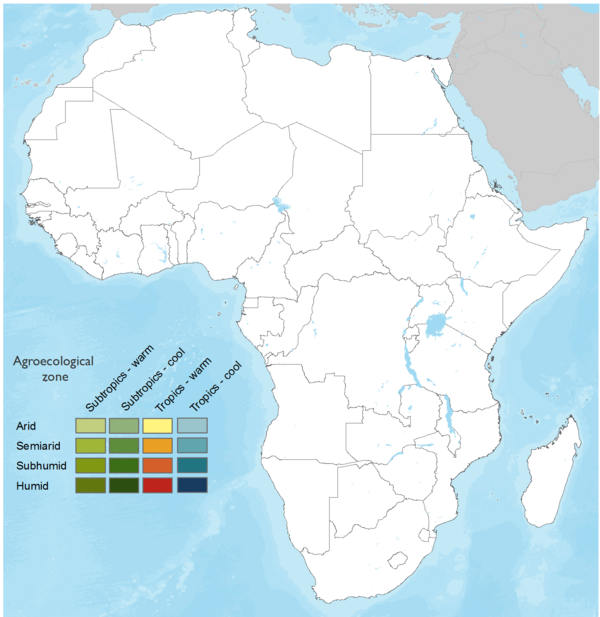




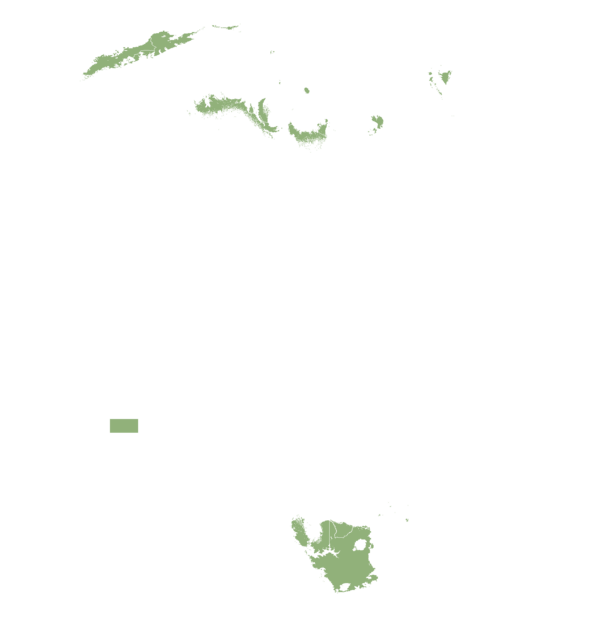
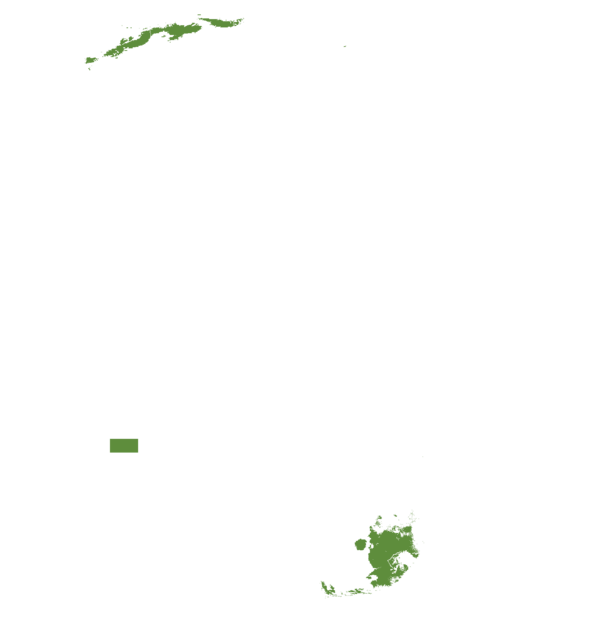
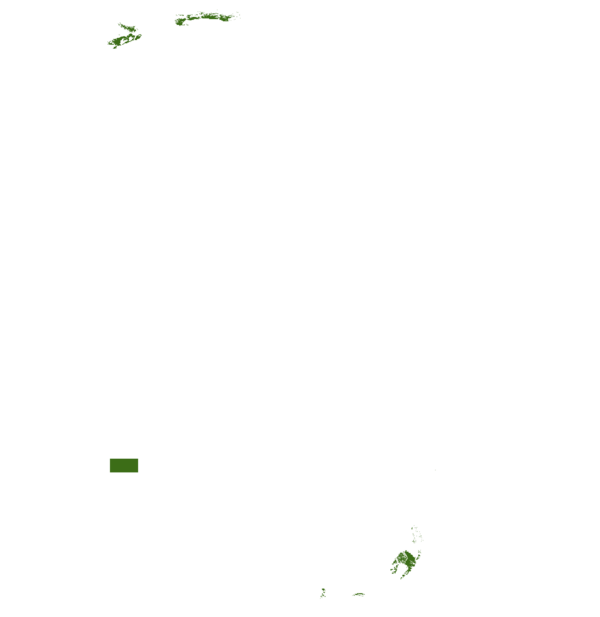






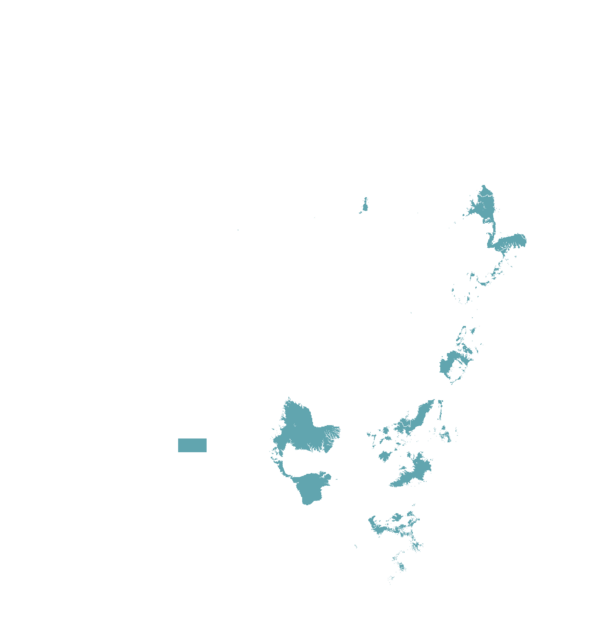


| AEZ | Subtropic - warm | Subtropic - cool | Tropic - warm | Tropic - cool |
|---|---|---|---|---|
| Arid | ||||
| Semiarid | ||||
| Subhumid | ||||
| Humid |
Source: HarvestChoice/IFPRI 2009
The United Nations Sustainable Development Goals that are applicable to this technology.

Access to free online resources, designed for learners in low income countries

Gender-Inclusive Strategies for Improving Agricultural Productivity course

Entrepreneurship in Agribusiness course
Last updated on 28 November 2025